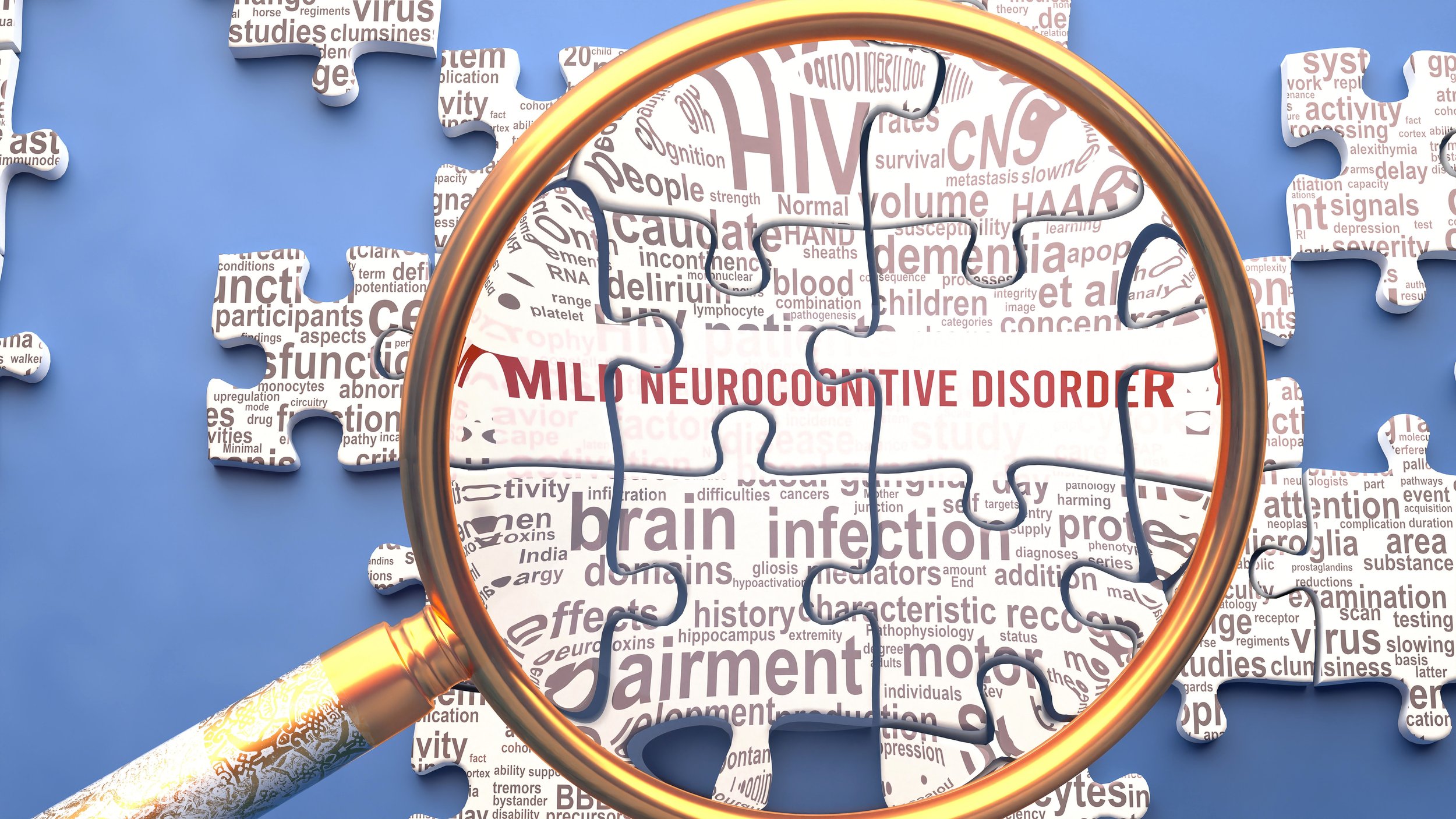
Mild Neurocognitive Disorders
Mild Neurocognitive Disorders
What Are Mild and Major Neurocognitive Disorders?
Major and mild neurocognitive disorders were previously known as dementia. The Diagnostic and Statistical Manual of Mental Disorders now uses the terms major neurocognitive disorder and mild neurocognitive disorder.
Everyone experiences forgetfulness or occasional clumsiness, and short bouts of depression or anxiety during periods of stress are also common. But if a person is experiencing noticeable memory loss, difficulty communicating, significant problems handling daily tasks, confusion, personality changes, and mood or behavioral symptoms – he or she may have a neurocognitive disorder.
Mild neurocognitive disorders can occur with Parkinson’s Disease, traumatic brain injury and other brain conditions, or they can be caused by a drug or medication.
Mild neurocognitive disorder is classified by the following symptoms:
Evidence of modest cognitive decline from a previous level of performance in one or more of the following cognitive areas:
Attentiveness, especially when multitasking.
Planning, organizing and decision-making.
Learning.
Memory.
Language.
Perceptual motor (translating perception into action).
Ability to comprehend social cues and/or behave appropriately in social situations.
Concern from the individual, a friend or family member, or his or her physician that there has been a mild decline in cognitive function.
A modest impairment in cognitive performance is documented by standardized neuropsychological testing or another clinical assessment.
These cognitive deficits do not interfere with independence in everyday activities, do not occur exclusively in the context of delirium, and are not better explained by another mental disorder. In some cases, these symptoms are accompanied by behavioral disturbances like psychotic symptoms, mood conditions, agitation, and/or apathy, and in other cases, these behavioral elements are not present.
At MindShift Psychotherapy, we are experts in assessing and treating Mild Neurocognitive disorders. Treatments consist of Cognitive-behavioral Therapy, Emotionally-focused Therapy, Neurofeedback, and Photobiomodulation.
